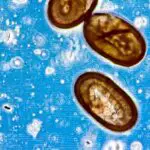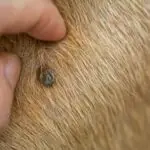How Fleas Affect Humans
The most common scenario in which fleas infest a home is when a pet has died, or a tenant leaves the building. The absence of a pet means that fleas will look for an alternative food source, which is humans. The fleas will then begin to bite humans inside the home. This is especially common in apartment buildings, where new tenants are often bitten.
The fleas bite humans about two to three times, and once they realize that humans are not their preferred food, they will jump off. Even if you are not bitten, your dog’s fleas will leave a fecal deposit in your bed. These fleas are also very dangerous to your health.
Fleas are known to spread several diseases. There are over 2,500 species of fleas that can transmit disease to humans. The flea’s feces can spread diseases, such as rabies, malaria, and encephalitis. They can also be a source of infection for humans by feeding on infected animals. The most notorious example of a flea-transmitted disease is the Bubonic plague. This epidemic ravaged Europe in the 14th century and killed 25 million people. It continues to occur around the world today. The plague is transmitted by the fleas that feed on rodents.
Fleas cause allergies in humans, and their bites can cause dermatitis, anemia, and tapeworms in pets. Flea bites can be extremely itchy. Avoid scratching excessively, as this can cause damage to the skin and invite a secondary bacterial infection. Fleas can also transmit murine typhus and bubonic plague to humans.







